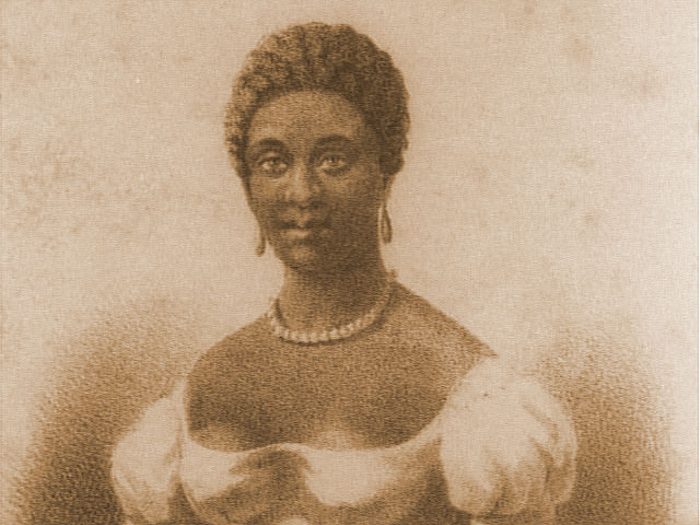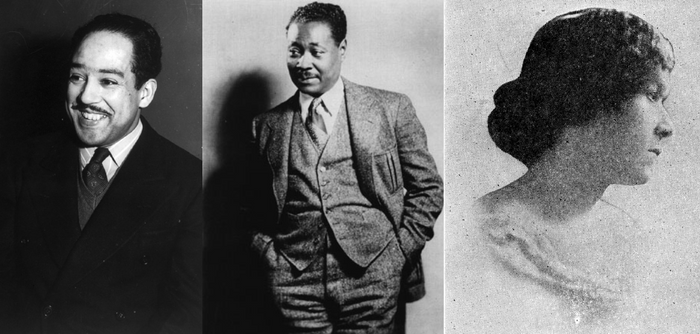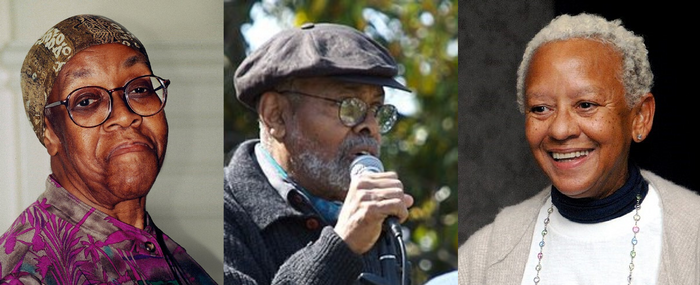Photo by cottonbro studio
Words are powerful. They can heal or hurt, to build up or tear down, to bring joy or pain. An American author, Yehuda Berg, shared this striking statement about the power of words: “Words are singularly the most powerful force available to humanity. We can choose to use this force constructively with words of encouragement, or destructively use words of despair. Words have energy and power with the ability to help, to heal, to hinder, to hurt, to harm, to humiliate, and to humble.”
Black poets have long used their words to capture the essence of the African American experience, from the days of slavery to the Civil Rights Movement and the present day. Phillis Wheatley was the first American slave, the first person of African descent, and only the third colonial American woman to have her work published. From Langston Hughes to Dr. Maya Angelou and many others, Black poets throughout American history have been at the forefront of literary expression, using their works to educate and inspire generations of readers to reflect, resist, and understand.

Portrait of Phillis Wheatley (Public Domain image)
The Harlem Renaissance through the 1910s and 1930s saw a wave of artists, writers, and musicians in Black communities expressing themselves in new ways. The likes of Langston Hughes, Claude McKay, and Georgia Douglas Johnson played an important role, using their poetry to celebrate the beauty and strength of Black culture. Often hailed as the voice of the Harlem Renaissance, Hughes explored themes of racial identity, equality, and the beauty of Black culture in his poetry.
Claude McKay used his poem to address issues of racial violence and the fight for equality. His poem, “If We Must Die,” became a rallying cry during the Harlem Renaissance, urging African-Americans to stand up against oppression.

Langston Hughes (Public Domain image), Claude McKay (Public Domain image), Georgia Douglas Johnson (Public Domain image)
After the Harlem Renaissance came the Civil Rights Movement. Poets such as Gwendolyn Brooks, Amiri Baraka (formerly known as LeRoi Jones), and Nikki Giovanni were prominent voices during this era. They used their poetry as a form of activism, shedding light on the struggles and triumphs of the Black community.
This group of literary icons influenced present-day spoken word artists. Their works have given a voice to the Black community.

Gwendolyn Brooks (©copyright John Mathew Smith 2001 via Wikimedia Commons), Amiri Baraka (photo by David Sasaki, CC by 2.0 via Wikimedia Commons), and Nikki Giovanni (Public Domain Image).
Black Poetry For Social Change
Black poetry isn’t just about beautiful verses and rhythmic stanzas, it is a powerful instrument for social change. The verses carry the weight of centuries of struggle, resilience, and the unwavering pursuit of justice. From the early days to the modern times, Black poets have used their words as a weapon to tackle pressing social and political issues head-on. Their works have catalyzed progress, and justice, challenging oppression, and igniting social change.
For example, Maya Angelou’s poem “Still I Rise” calls for Black women to embrace their strength and resilience in the face of oppression.
Langston Hughes’ poem “Harlem” draws attention to the struggles faced by African Americans. Other poets like Amiri Baraka and Audre Lorde, address topics like racial inequality, feminism, and the struggle for justice. Even poets of today are at the forefront of social movements, using their words to energize crowds and inspire collective action.
Black Poetry For Inspiration And Empowerment
Black poetry isn’t all about struggle. It also serves as an inspiration and encouragement to countless individuals, reminding readers of the potential for a brighter future. Their words not only inspire but also challenge negative stereotypes and redefine beauty standards. Works like Amanda Gorman’s inaugural poem “The Hill We Climb” exemplify the ability of poetry to captivate, and uplift. It also highlights the power of Black excellence, inspiring young people to dream big.
Another example is Sonia Sanchez’s “I Know I Am A Black Woman”, which depicts the strength and perseverance of Black women in the face of adversity, offering a source of inspiration for those facing their challenges.
Black Poetry Creating A Sense Of Community
Black poetry isn’t just words on a page; it can also be a means of connecting people from different walks of life. Its role in binding people together and forging a strong sense of community cannot be denied. Through shared stories, cultural references, and the rhythm of language, Black poets create an environment that inspires a feeling of belonging to a vibrant and resilient community.
Beyond written words, Black poetry often finds its roots in oral traditions and performance. Spoken word events, poetry slams, and other gatherings serve as platforms for poets to share their work in a communal setting. These events can attract diverse audiences, thereby bridging cultural divides through storytelling. This further promotes a sense of community among both poets and audiences. Such events also provide platforms for emerging Black voices and create a space for open expression and dialogue.
Through rhythmic verses, Black poets celebrate the beauty of Black culture, while also challenging the status quo, uplifting spirits, and reminding readers of their inherent strength and resilience.
By celebrating the beauty and power of the Black word, we can all be inspired to overcome challenges, embrace our heritage, and reach for our dreams.





